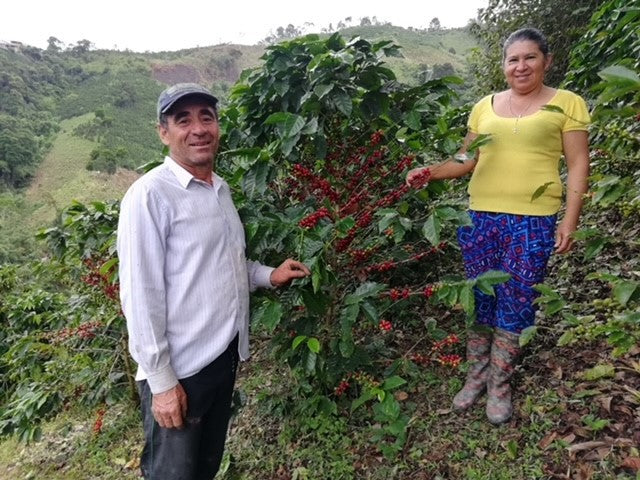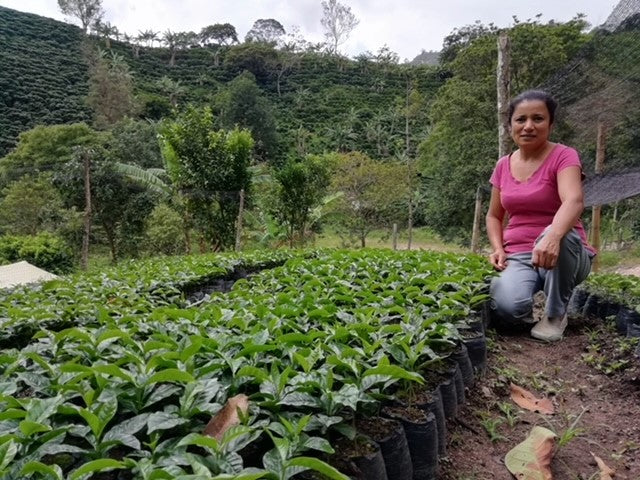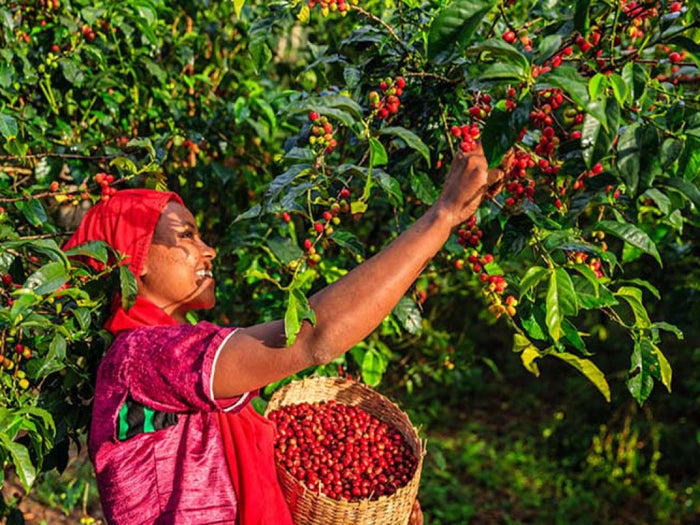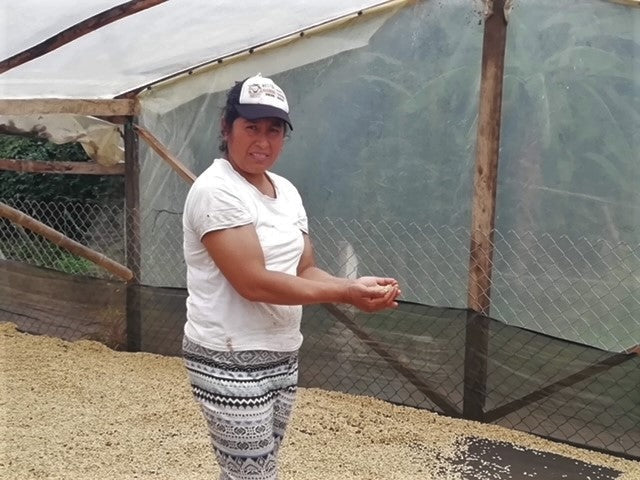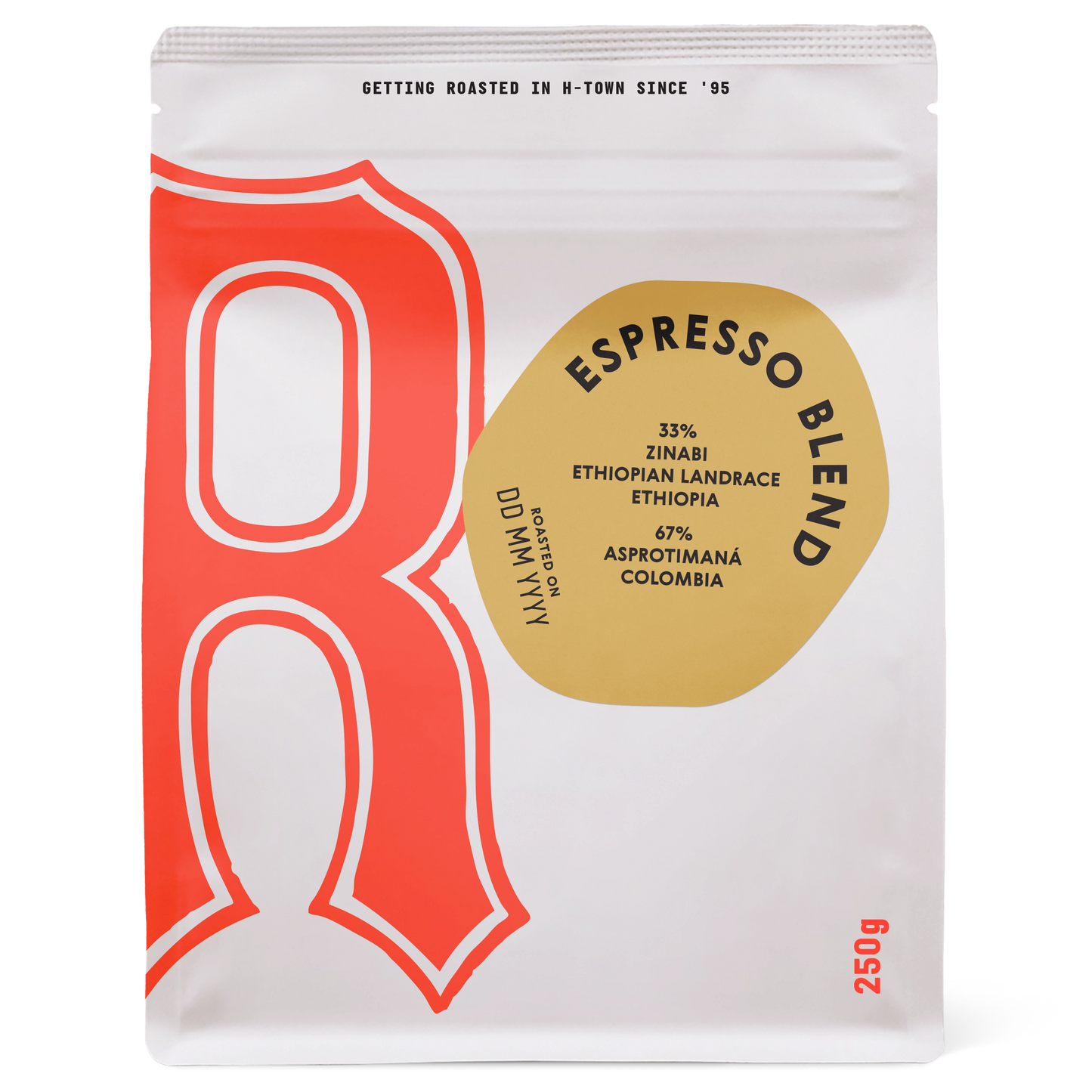
About the farmer(s)
Zinabi - Ethiopian Landrace [Washed] — Ethiopia
- region Konga
- farm/farmer Small Holder Farms
- altitude 1800-2000 meters
- crop 2025
- cultivar Ethiopian Landrace
- process Washed
ASPROTIMANÁ — Colombia
- region Huila
- farm/farmer Small-holder farms
- altitude 1400-1700 meters
- crop 2025
- cultivar Caturra, Castillo, V. Colombia
- process Washed
Brew guide
-
Black
- dose 18g
- Brew weight 40g
- Brew time 25–35 seconds
-
White
- dose 18.5g
- Brew weight 22–27g
- Brew time 25–35 seconds
For any help on coffee brewing of all methods i.e. espresso, plunger etc fire an email through to espresso@rocketcoffee.co.nz



